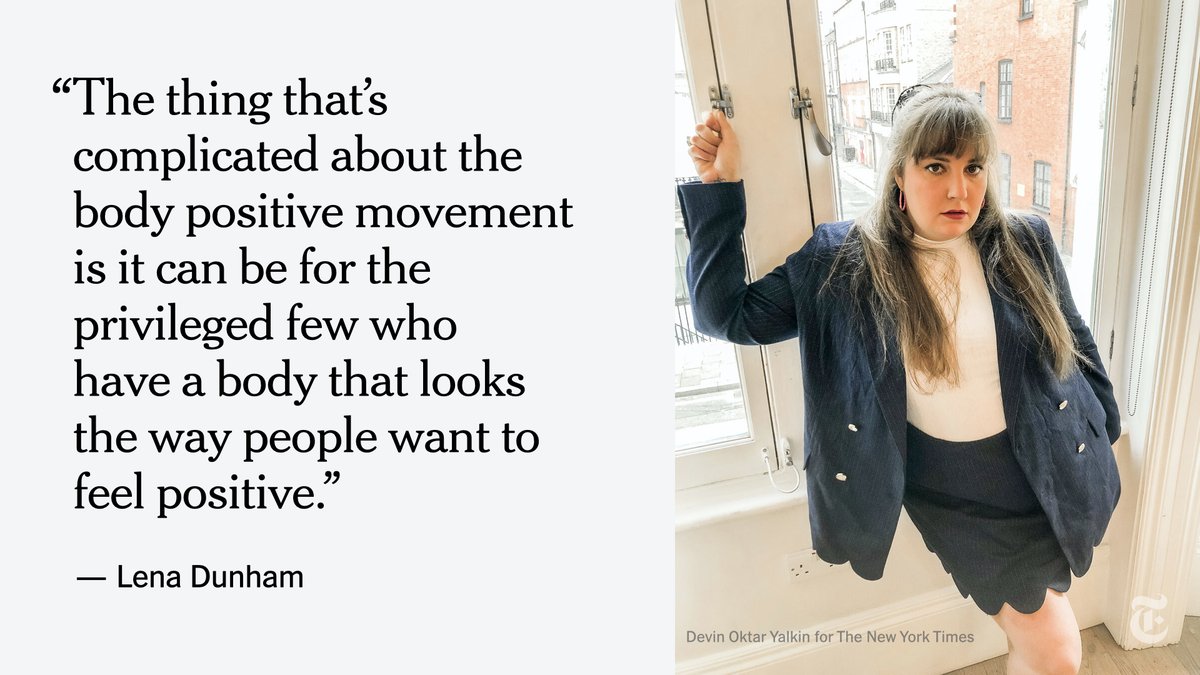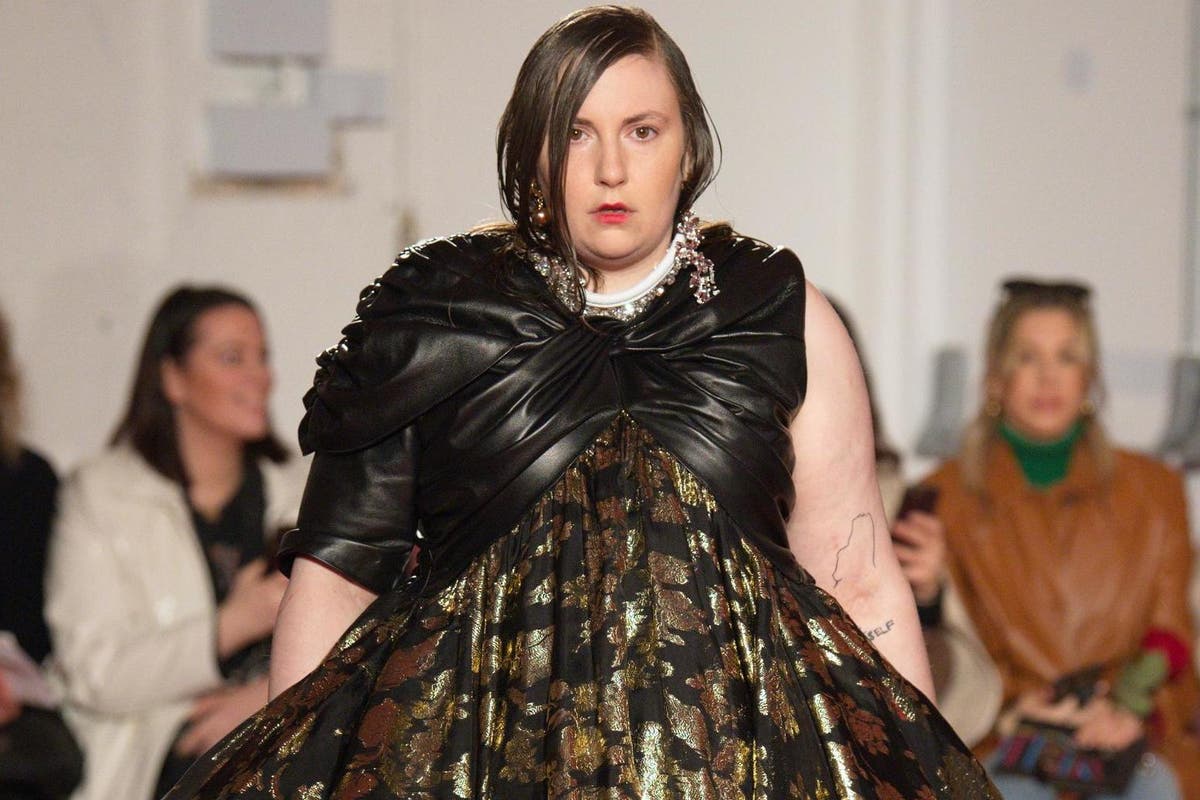The creator is launching her own plus-size fashion collection with an aim to fight the idea that bigger women are ‘stupid,’ but has been criticised for offering limited sizing options.
Excuse the cliché, but times have changed. Conversations within the fashion industry about size, representation, and the importance of inclusion are more prominent now than ever.
These days, it’s all about loving the skin we’re in, no matter what we look like, and embracing the fact that mainstream attitudes to beauty have drastically transformed.
This is something that progressive female-focused brands like Savage X Fenty have wholeheartedly taken on board, making it their priority to be as inclusive as possible. As a result, the plus-size fashion industry has seen a huge surge in popularity and Lena Dunham wants in on the action.
Back with a new project, the actor-writer-director-controversy creator announced on Monday the launch of her own plus-size fashion range in collaboration with 11 Honoré, an online retailer that’s been praised time and time again for championing high fashion for plus-size women by getting designers to make their brands accessible beyond size ten.
![Lena Dunham X 11 Honore Plus Size Collection [PHOTOS] – WWD](https://wwd.com/wp-content/uploads/2021/04/Lena-Dunham-11-Honore-05.jpg?w=800)
‘As a woman who has been a size four on the red carpet as well as a 14, Lena has a unique point of view that I know will resonate with our customers,’ said founder Patrick Herning. ‘It has always been our goal to create an inclusive retail platform for this customer, giving her the same exact options as straight size women. I’m proud of the role that we have played in disrupting the industry.’
Dunham has reportedly spent ‘weeks’ working out the specifics of ‘fit’ because one of the things most designers don’t understand – in her opinion – is that making clothes for bigger bodies doesn’t mean just adding more fabric or cutting the waist wider.
Her aim, as she explained to the New York Times, is to fight the idea that bigger women are ‘stupid’ and remove a ‘huge barrier entry’ into the fashion world. Above all else, Dunham is seeking to spread the message that being curvy is something to celebrate rather than simply handle.
‘It’s not a problem to fix or cover up, but rather a really beautiful celebration of having a lot to give,’ she said. ‘It took me a long time, but I love the fact that my body tells a story of vastness, of ample-ness, of presence. And it’s mine and I’m not going to spend a lifetime apologising for it – I’m going to celebrate it in clothing that says: “here I am”.’



















